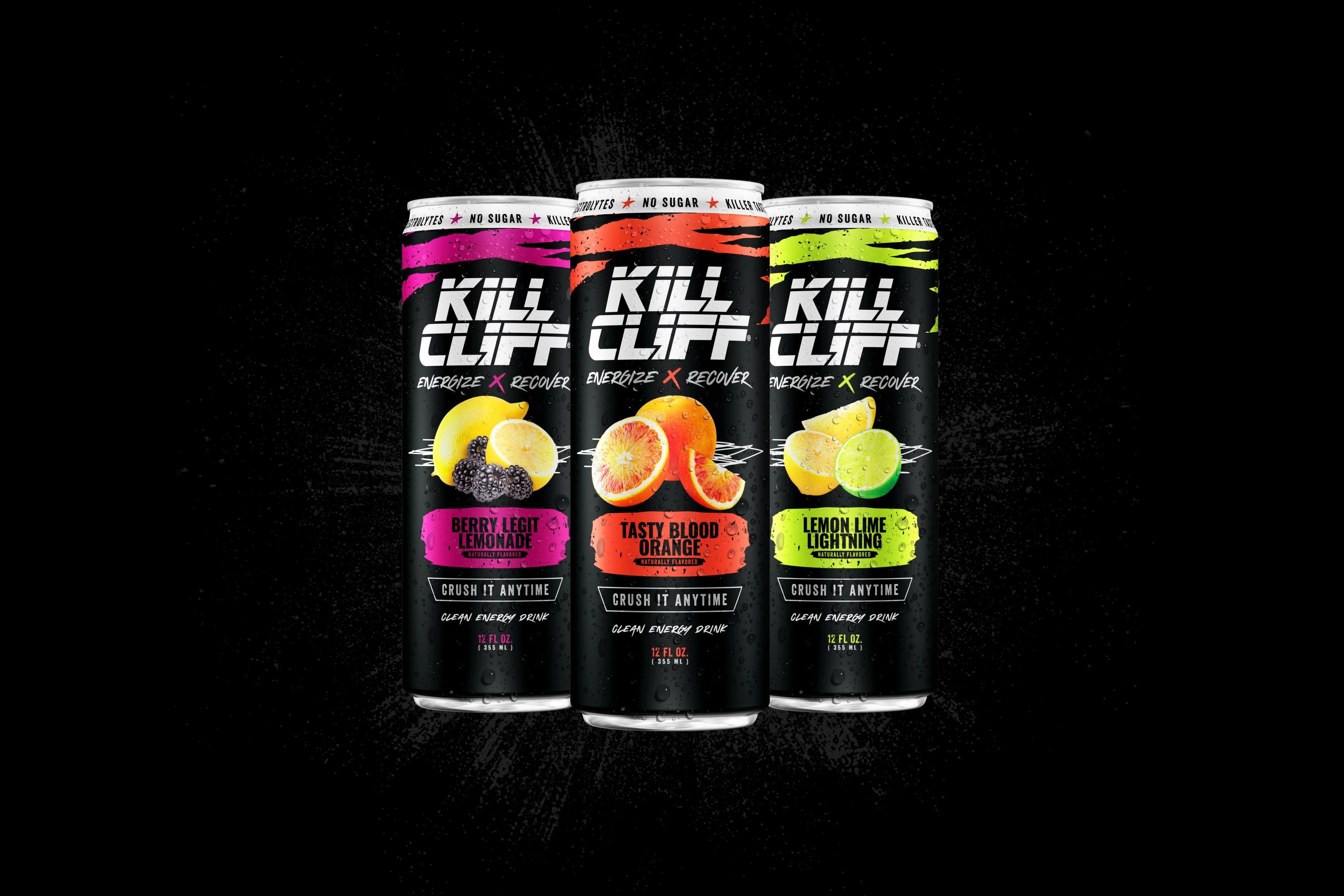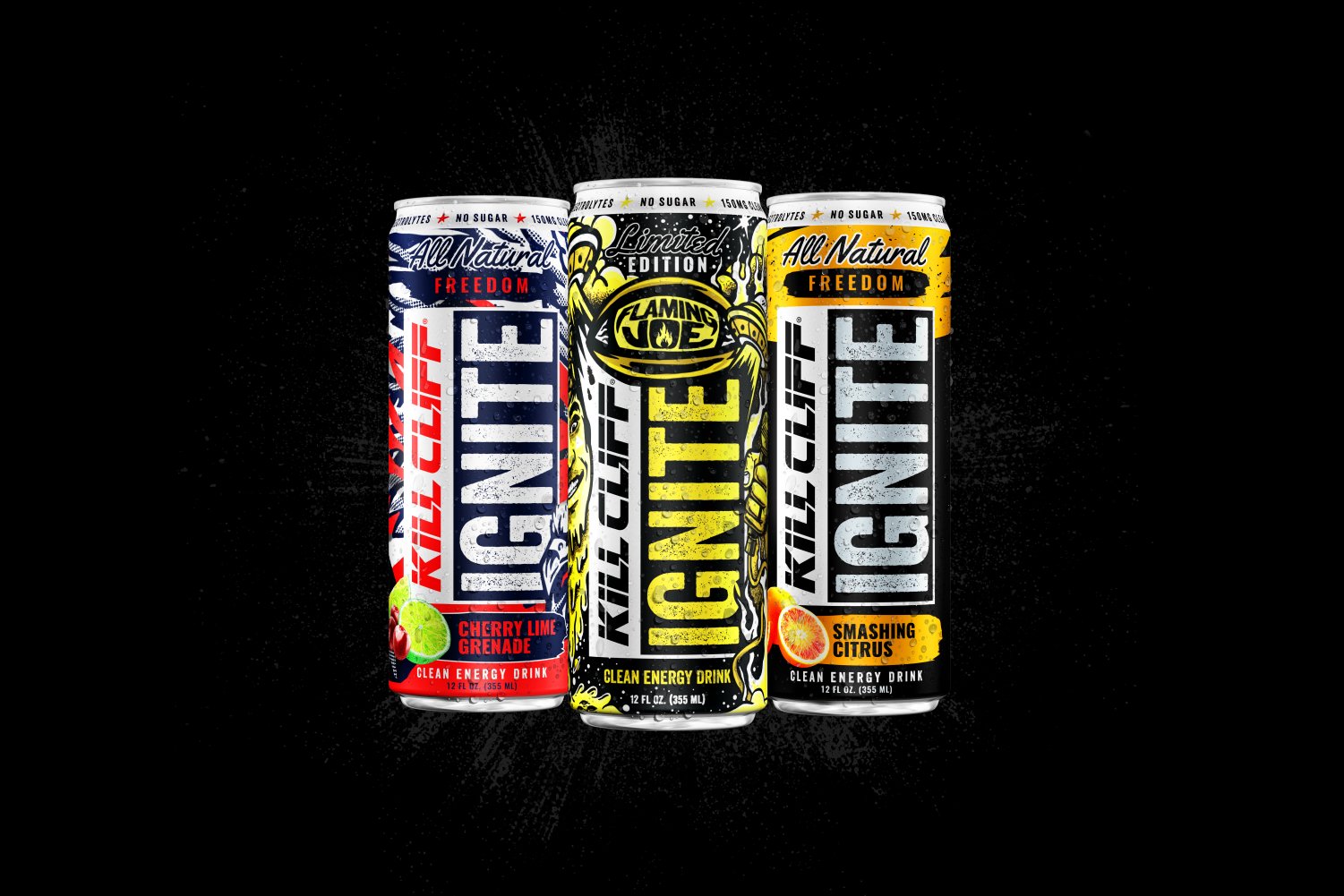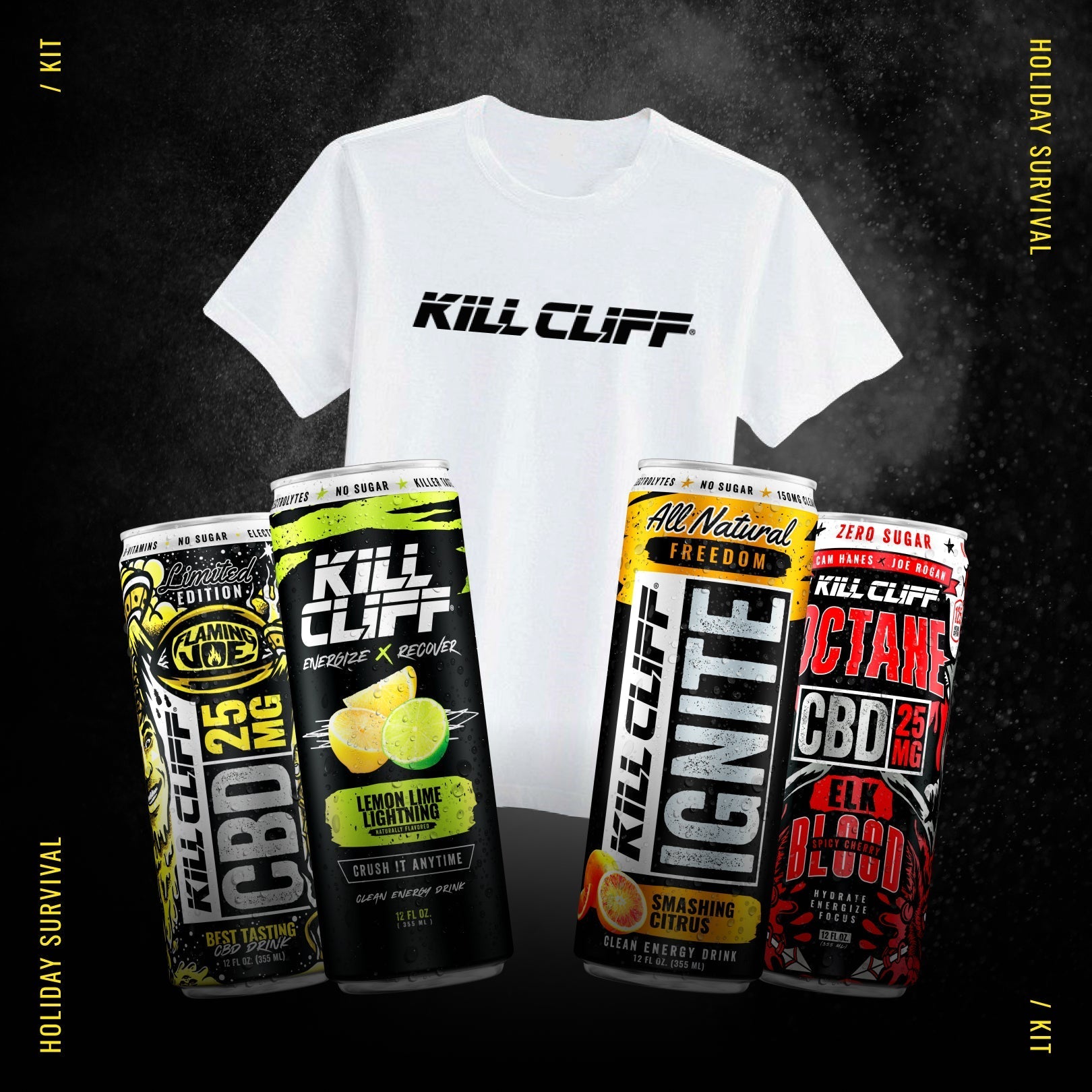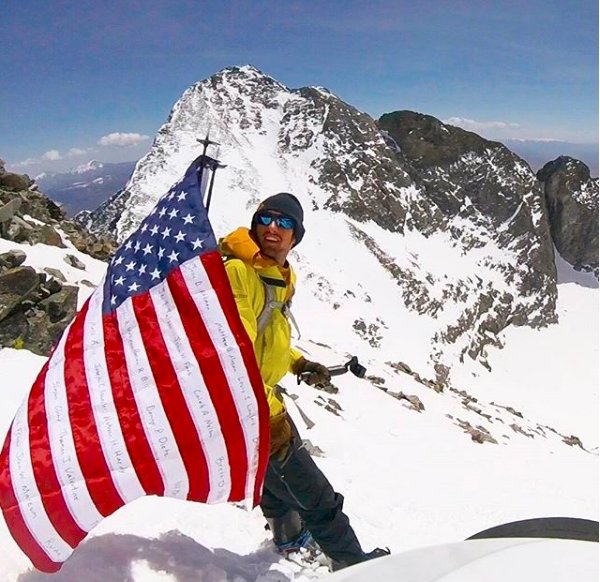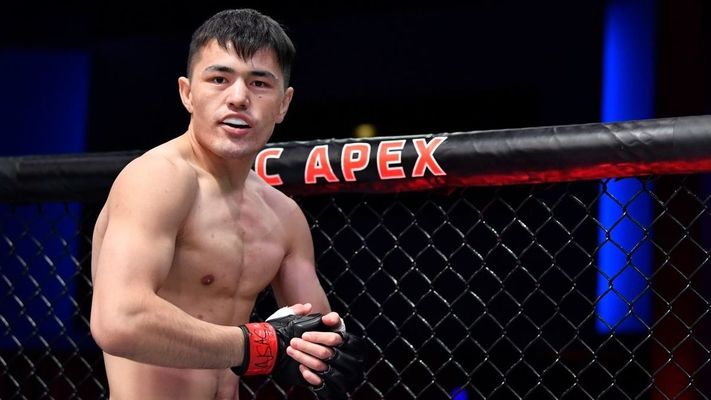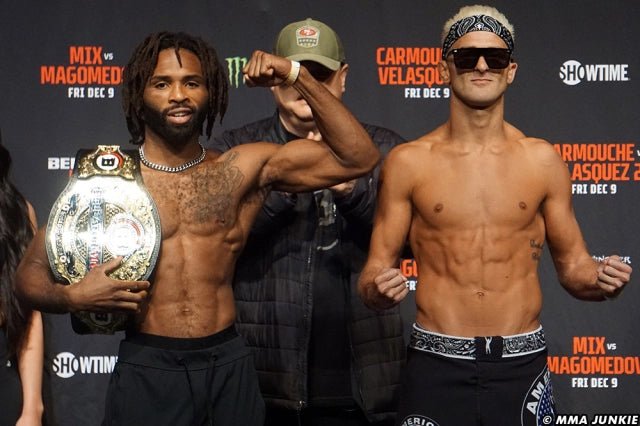Kill Cliff badassador Josh Jespersen has been all over the place since we last caught up with him. We caught up with Josh and asked him about his SEAL days, his recent travels as a snowboarder, and how he keeps his body ready for the snow season.
KC: What led you to become a Navy SEAL? Was it a life-long dream or a decision that was made later in life?
JJ: That is a pretty funny story, but basically; I had plans to join the military after high school because of a long family history of service, but that process got accelerated because of my unsettled youth. I got arrested on marijuana charges, which is now completely legal in the state I live in for some irony, and enlisted early in my senior year to downgrade charges. By happenstance, the night before I was meeting the Marine recruiter, I saw the BUD/s Class 234 special on the Discovery Channel. That looked way cooler, and so I walked into the Navy recruiter the next day.
KC: What's an example of something you learned during your time as a SEAL that you still use in life today?
JJ: You learn so many invaluable life skills in the military that just become second nature, and so they are hard to articulate. The number one lesson though is something I knew early in life but had it completely reinforced in the military; you never know when someone's life will abruptly end with utmost certainty. Being in the SEAL teams from 2005 to 2011 we saw our brothers being killed left and right, and the number of funerals and memorials we attended really turned us numb. No matter how many loved ones you lose though, you always hang on to their memories, and I take it further by obligating myself to live a greater life for them. I shout my buddies names from the tops of mountains, I carry their stories with me everywhere I go, and I refuse to let their memory die. I push harder in the name of lost brothers because, in the end, it's the only way I've found to be closer to them.
KC: Last year you went on a 138-day adventure to skin up and snowboard down all 54 peaks over 14,000 ft in Colorado and did it in record time. What was the inspiration behind that idea and how did you go about executing it?
JJ: Soon after I left the service, I started working with wounded veterans. I was lucky enough to become involved in a group that took them hiking and climbing. I did that for years, and still do with my own organization, but it helped me glean some insight into what might help service members who are living civilian life in the doldrums. I thought that if I could show my fellow vets how fulfilling life can be post-service, and that you can live to the same level of excitement by bending your limits, then maybe more would chase a dream. The 14ers project particularly was something I watched someone fail at the season prior, and all along I thought I could pull it off. So I trained and worked all summer and fall to have my body and finances prepared for an entire season of getting after it. To make sure the project was also in the same calendar year, I waited till January to kick it off. Once I started, I was all in on every aspect that would help me get it done; checking the weather every night, chasing storms, eating everything, being completely in tune to the snowpack and avalanche dangers, and having my gear ready to rock before I passed out each night. It was a total dedication to a goal, but I never would forget to take it all in and enjoy the ride.
KC: Do you have any goals for this upcoming season?
JJ: I do have some unique goals this season, but the ski mountaineering world is a little different. You really don't put your goals or projects out there until after they are done. If you do, it's called "spraying" haha. It's an aspect I like of the sport, keeping things under wraps till their attempt. It keeps some mystery alive, and merits accomplishment more in some ways. My broad project though is a backcountry guidebook I am working on, called Journey Lines. This project is going to culminate into something for everyone. Its ultimate goal is to inspire more people to get further out into nature and push themselves down a path of progression. Its meant to build a greater appreciation for all the public land we have at our disposal in this kickass country and allow people to gain a new perspective.
KC: What do you do to get your body ready for the season?
JJ: I train my face off, as the gym is a place I've used as an outlet and release for a long time, with the SEAL teams only feeding that obsession. Since I push the hardest in the winter, my training is cyclic. I'm often peaking in my programming at the end of the year and switching to more gym maintenance as the season goes on. A few key elements that are important to me; strength and durability, strength and efficiency, mobility and imbalances, and having a dialed coach. Strength and durability are paramount for a number of reasons, but primarily for me, it's having a body that can take huge falls and not get broken every time. Strength and efficiency translate to power to weight ratio, because with all the miles I put in and all the vertical feet I climb, I need a body that's as light as I can get it while maintaining the strength that keeps me intact. Working on improving mobility and treating imbalances are fitness foundations that keep durability going over a whole season, and they come in to play after a couple months when fatigue sets in. Finally, I find it helps so much to work with a coach if I want to reach another level. You have to note though that it can't be any coach. You have to find someone that can adapt their mindset to your goals, and will never hesitate to tell you to get outside doing your sport, and most importantly will remind you to crank the volume. They have to be just as fired up as you are. I work with coaches out of a gym in Salt Lake City called The Sect. They fit the bill for me on a partnership in achieving "our" goals. To me, a gym also should have an attitude or a mindset that makes you seek them out. When phrases like; never conform to complacency, don't let ego run the show, and constant improvement is part of the thesis you know you're in a place that is drama free and committed to being better.
KC: What does Kill the Quit mean to you?
JJ: Kill the Quit initially seemed like a vestige of a military mindset, and an ethos of never quitting that I've always had. As time goes on with Kill Cliff though, I see this becoming a rallying cry. It is becoming a greater call to any individual that needs to get their ass off the couch. Having a stiff upper lip, and leaning in on adversity isn't something only soldiers should practice. Everyone needs to dig into that wild side of themselves and embrace the suck. Bringing more people in on this way of living is only going to pay dividends, so keep kicking ass Kill Cliff, and let's get everyone to Kill the Quit.
